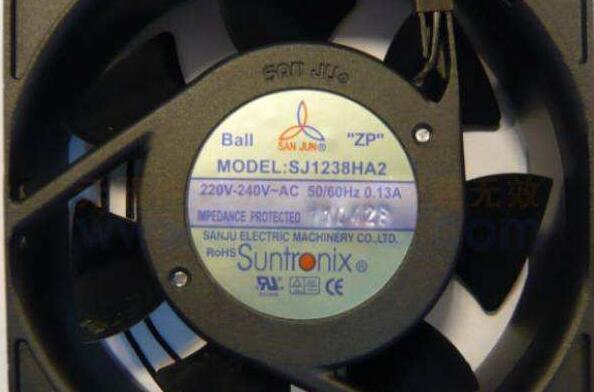──May 21, 2019Design Concept of Computer Cooling Fan with Improved Structure-Taiwan's Three Giant
At present, the configuration of the computer cooling fan is of a fixed type.no matter how many fans there are, they can only be concentrated on the rear panel of the chassis at best.the following disadvantages exist in use:
1.Due to the fixed design of the tuyere, the provided heat dissipation direction cannot be changed, and only the simple exhaust function can be continuously performed, thus the heat dissipation effect is very poor.
2.The number of fan configurations for this kind of fixed force is very limited.In application, unless the user changes the location selection configuration by himself, the heat dissipation efficiency is limited and cannot be changed.However, self-configuration does not fall within the scope provided by the original design's internal planning.Therefore, it is often impossible to obtain good alignment during assembly, so the effect is not ideal.

A design concept of a computer cooling fan with San Ju improved structures in Taiwan includes a cooling fan, which is characterized in that:a transverse rail is arranged on a computer casing framework; A fan support frame provided with hook pieces which can be hung on the transverse rail to move; And a fixing mechanism which is arranged between the bearing frame and the framework and enables the bearing frame to be selected and fixed after transverse movement. The heat dissipation fan can be flexibly arranged in the computer casing, and can be moved to a position in the casing where high temperature is generated to achieve direct and effective heat dissipation. In addition, a door-shaped support frame can be arranged on the transverse rail at the same time, and a hard disk can be arranged on the support frame.




